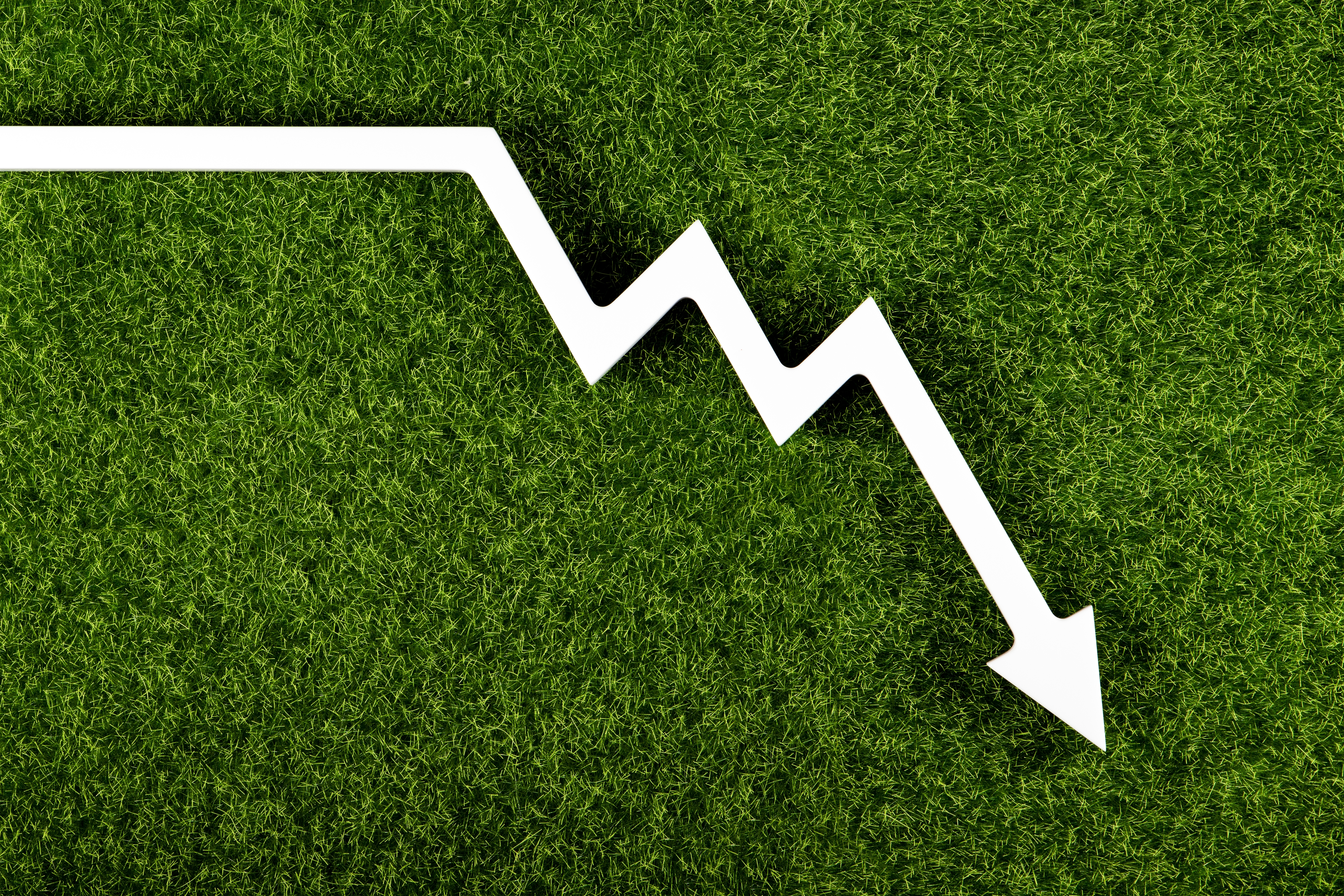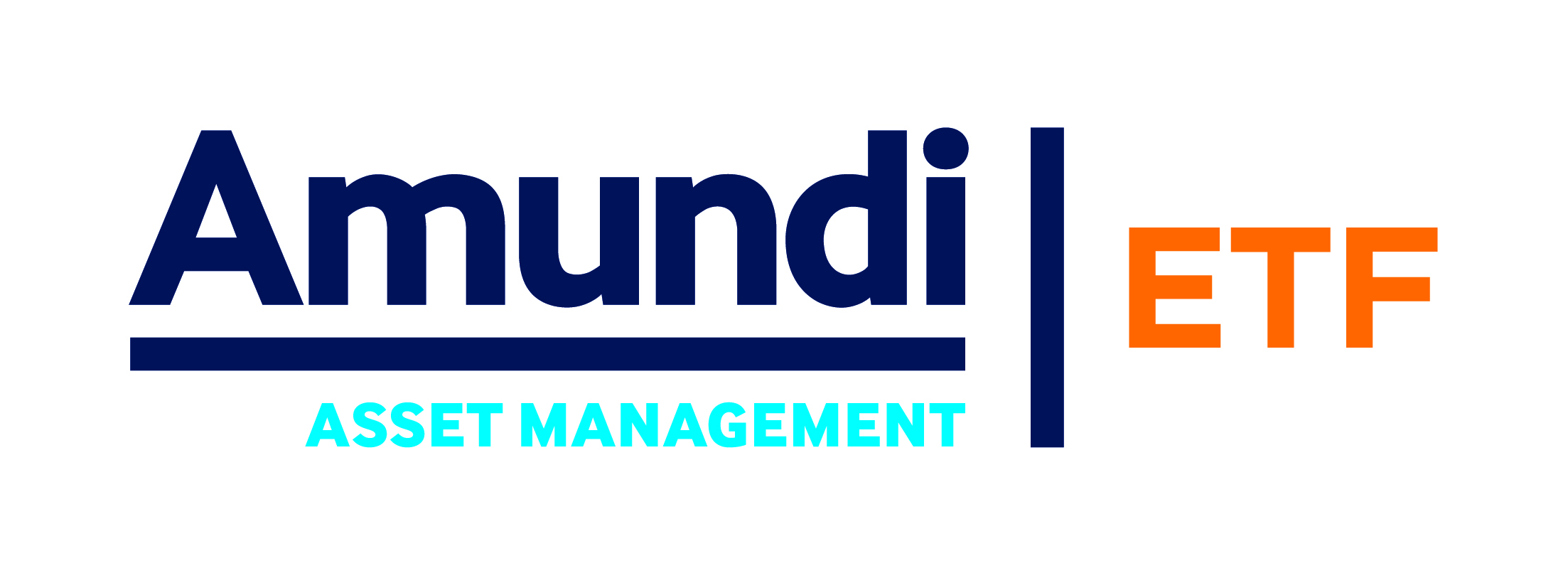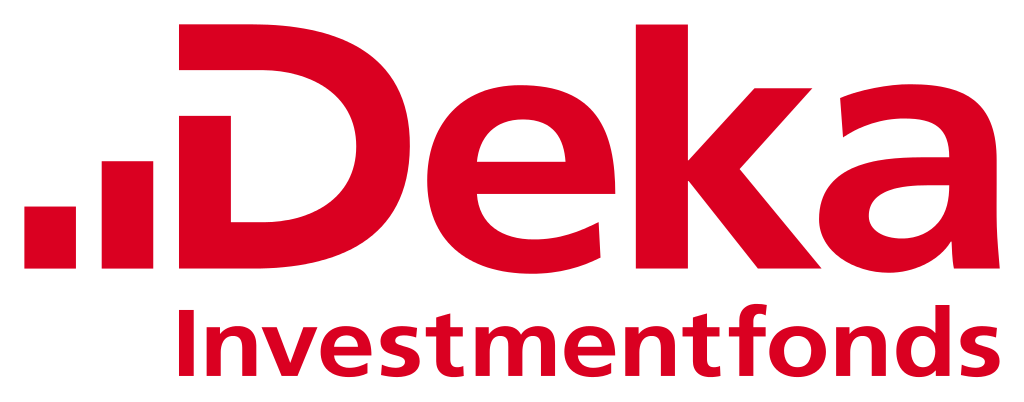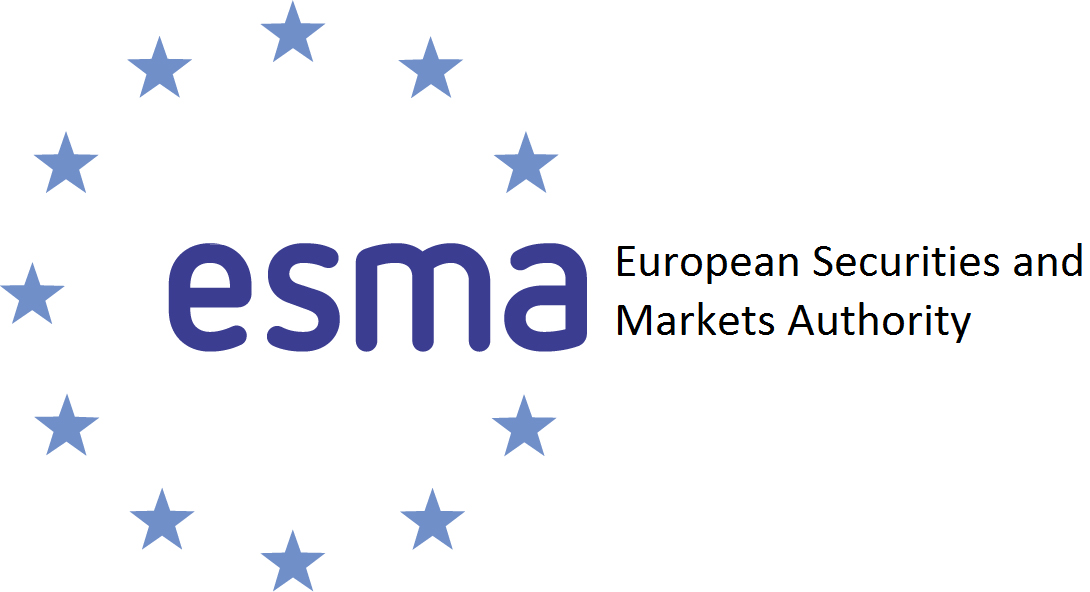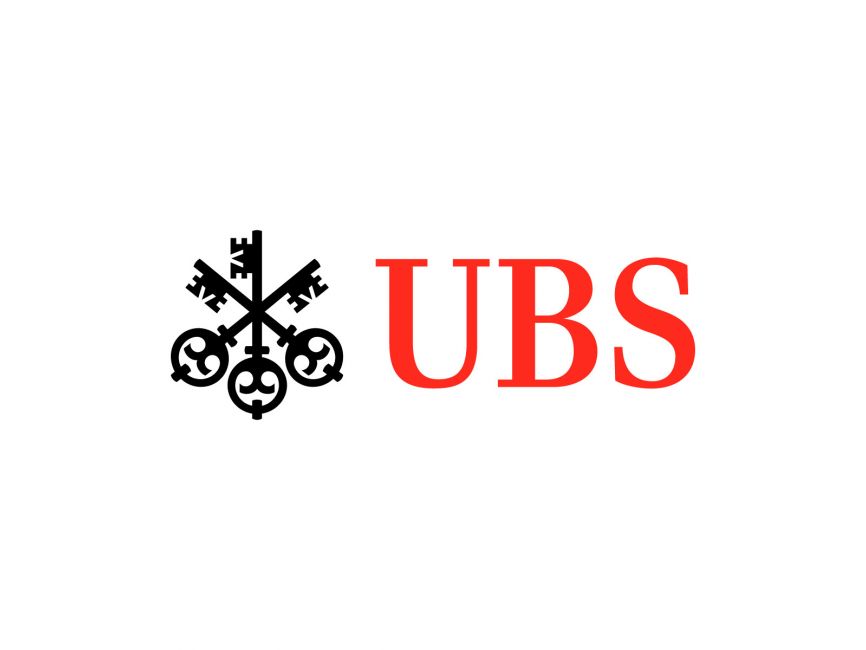BlackRock and UBS Asset Management are poised to downgrade their entire Article 9 Paris-aligned benchmark (PAB) and climate transition benchmark (CTB) ETF ranges in what could prove to be a major shift for Europe’s premier sustainable fund class, ETF Stream can reveal.
The two asset managers, which have 21 PAB and CTB ETFs with a combined €21bn assets under management (AUM), are in the process of updating their fund documents with the downgrades expected to take effect “early next year”, a person familiar with the matter told ETF Stream.
The move by BlackRock – which has the largest PAB and CTB ETF range at over €20bn – and UBS AM could cause a downgrading domino effect across hundreds of Article 9 ETFs in the coming months.
ETF Stream also understands Amundi is consulting “key stakeholders” as to whether its €19bn PAB and CTB ETF range should be classified as Article 8 under the Sustainable Finance Disclosure Regulation (SFDR).
It comes as uncertainty reigns over Europe’s ESG framework, once considered globally pioneering. Without regulatory clarification, PAB and CTB strategies are unlikely to meet the 100% sustainable investment requirements outlined under ‘level 2’ of SFDR.
Currently, less than 5% of Article 9 funds target sustainable investment exposure between 90-100%, according to data from Morningstar.
Article 9 ETFs have been investors’ flavour of choice over 2022, recording significant inflows compared to ‘light green’ Article 8 strategies with most money having gone into PAB and CTB ETFs.
The largest ETF to downgrade under BlackRock’s reclassification will be the €9.9bn iShares MSCI USA ESG Enhanced UCITS ETF (EEDS), which saw inflows of €5bn in Q3 alone.
“It is not really a debate anymore,” the person said. “These [PAB and CTB] ETFs will not have 100% sustainable investments and in the next six months we will start seeing all of these downgrades take place.
“If you have large ETF providers such as BlackRock and UBS AM reclassifying then others will have to follow. If index providers have told asset managers their interpretation of the regulation is that these strategies should be Article 8 and not 9, they will all have to downgrade.”
BlackRock and UBS AM declined to comment.
An Amundi spokesperson said: “Following the successive clarifications made on regulation, and more specifically on the upcoming implementation of the so-called SFDR ‘level 2’, we are currently working with key stakeholders to assess whether these funds should in the future rather be classified under Article 8 from 1 January 2023.”
The French asset manager added it is taking a “cautious” approach to a rapidly evolving framework with further clarification from several European bodies yet to be delivered.
Asset managers now face a race against time to be ready for the next phase of the regulation and are required to send updated fund documents to European regulators by 1 December, despite lingering regulatory uncertainty.
A key question yet to be addressed by the European Securities and Markets Authority (ESMA) is the definition of “sustainable investments” under Article 2 of SFDR.
What ‘level 2’ SFDR requirements mean for ETF investors
The confusion has already led several asset managers to downgrade their funds over the past six months, with many still choosing to interpret the regulation differently.
Deka Investment downgraded seven ETFs in Q3, all of which were tracking CTBs, including the €958m Deka MSCI USA Climate Change ESG UCITS ETF (D6RQ) and the €586m Deka MSCI Europe Climate Change ESG UCITS ETF (D6RR).
The German asset manager noted the underlying indices are not designed to include only sustainable investments as defined by SFDR, meaning the ETFs could not keep their Article 9 classification.
Deka added the products could be reclassified “if there is a clear statement from the regulator that CTB and PAB benchmarks qualify automatically for Article 9”.
Others, such as State Street Global Advisors and Goldman Sachs Asset Management have chosen a different route entirely, labelling their PAB and CTB ETFs Article 8 from the get-go.
Despite this, other asset managers continue to upgrade products from Article 8 to Article 9. Last month, DWS switched the underlying indices on two corporate bond ESG ETFs to ones incorporating PAB criteria, updating to Article 9 in the process.
Last month, the Financial Conduct Authority (FCA) proposed a fresh raft of measures to clamp down on fund greenwashing as part of its Sustainable Disclosure Regulation (SDR), exposing key divergences between the EU and the UK’s ESG frameworks.
Related articles
